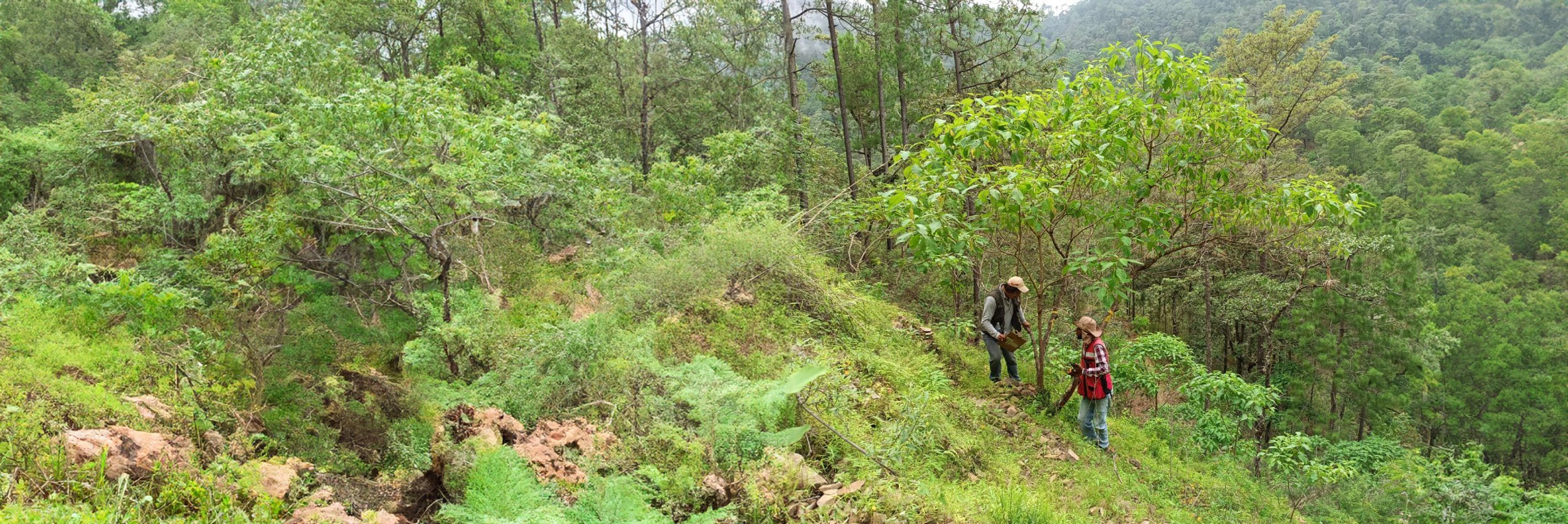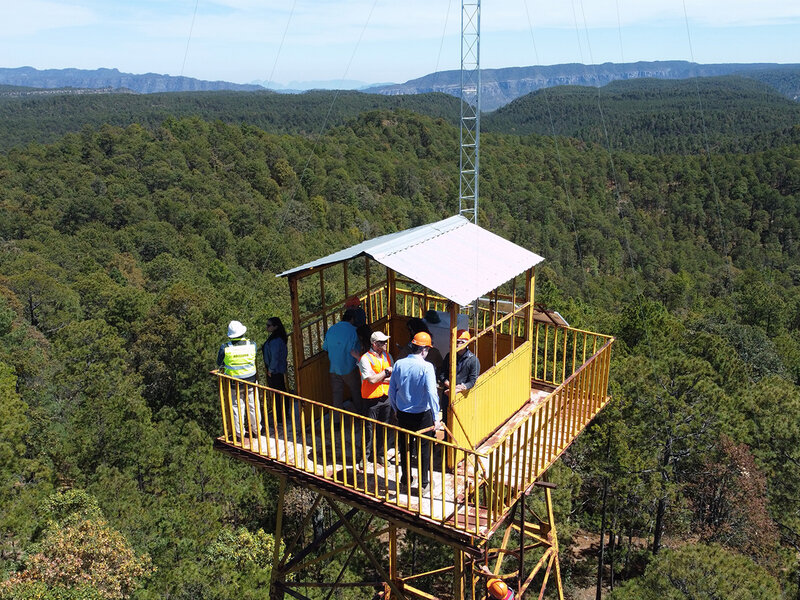Improved Forest Management (IFM) involves implementing practices to enhance the health, productivity, and sustainability of forest ecosystems. A crucial aspect of IFM is supporting local communities by creating economic opportunities through sustainable forestry practices. Without the involvement and well-being of these communities, protecting and maintaining forest ecosystems is not possible. IFM strategies include selective harvesting, controlled burns, reforestation, and protecting sensitive areas, all aimed at providing financial incentives and resources to local populations while optimizing the ecological, economic, and social benefits of forests.

FINANCE IMPROVED FOREST MANAGEMENT (IFM) CARBON PROJECTS
Support sustainable forestry practices that enhance forest health and productivity while empowering local communities. Integrate these projects into your corporate sustainability strategy to achieve net-zero emissions



